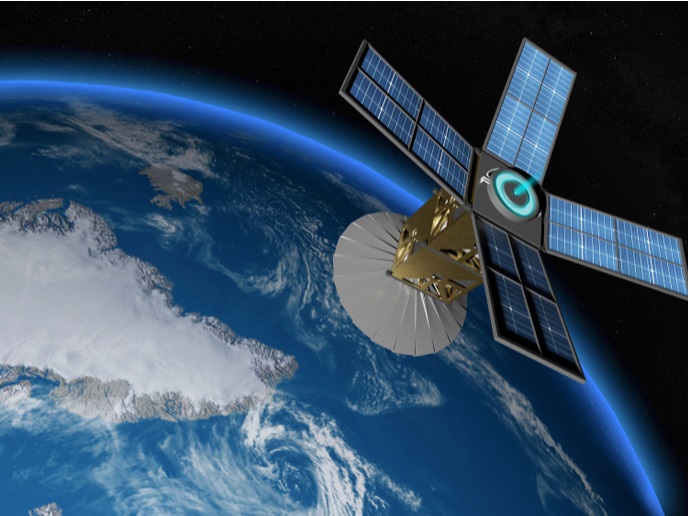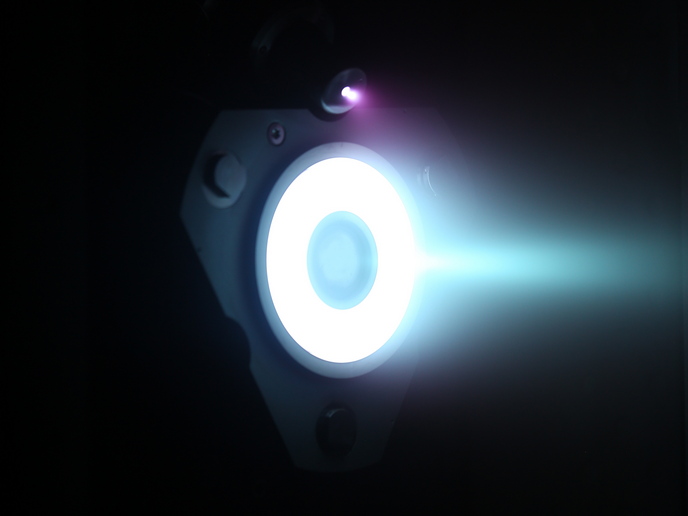Global collaboration for altimetry calibration
Changes in the mean sea level allow scientists to understand the response of the ocean to continued global warming. This requires observation of the thermal expansion of the ocean and the melting of major ice sheets. Precise altimetry measurements are needed to distinguish patterns of natural variability of the sea level from those linked to anthropogenic forcing. Measurement tools need to operate within specifications and the calibration of satellite-based altimeter systems is therefore of vital importance. In this regard, the EU-funded project CALT(opens in new window) (A global network of permanent sites for calibrating satellite altimetry missions) aimed to bring together operators of calibration sites from around the world. Specifically, the CALT project provided support to an international network of Brazilian, Chinese and European calibration sites that were established more than 10 years ago. Significant efforts were also devoted to including two additional in situ calibration sites located in Australia and the United States. Within the CALT network, expertise and data were exchanged among all participants. Each site provides observations of the sea level along with ancillary measurements collected by satellites as they pass over the site. Observations from tide gauges and other sensors placed over the satellites' ground tracks are used to ensure each mission performs as accurately as possible. The calibration results depend on the local conditions and duration of measurements of the calibration sites. CALT members worked to demonstrate the value of a collaborative partnership in addressing key observational gaps and sustaining a continuous stream of calibration and validation data. More importantly, the CALT network offered a unique opportunity to share skills and knowledge to develop efficient calibration methodologies and standardise procedures. The network partners implemented best practices in satellite altimetry calibration on a common basis. In addition, they shared weaknesses identified in the calibration methodologies applied at the various permanent sites around the world. Capitalising on their long tradition of cooperation, the CALT network could sustain a complete calibration effort of space-based Earth observation, without eroding the independence of individual agencies operating satellite altimetry sites.







